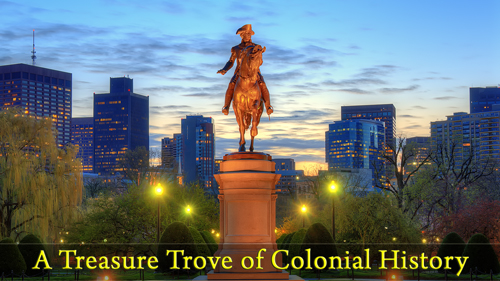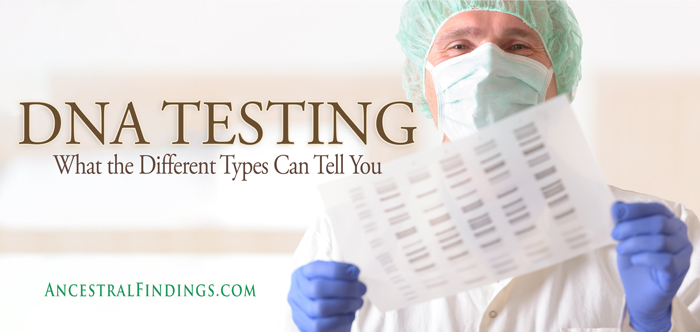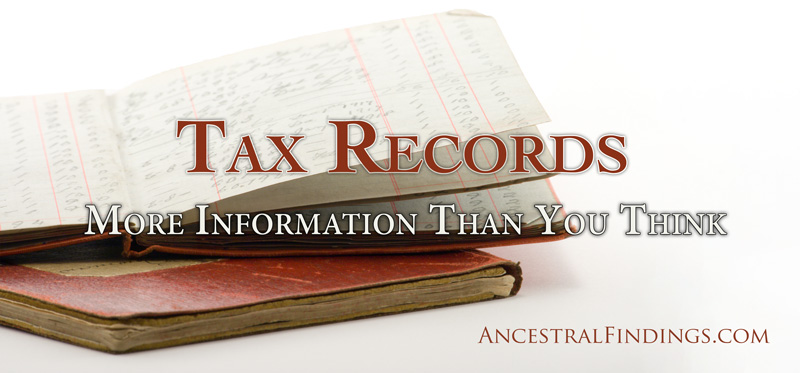Are you having an issue with a stubborn brick wall in your genealogy research? It is a common issue most genealogists will encounter at some point in their research journeys. Just remember, there are always more places to look. When you think you have exhausted all of your sources of information, such as census records, old newspapers, vital records, church records, military records, wills and probate records, and more, you still have more places you can look. What are some of the best and least used sources for hidden genealogical information? Local historical and genealogical societies.
If you haven’t made use of these resources, you should. Local historical and genealogical societies have information you won’t find anywhere else. This is because they collect information on the people and events of the local area. Many families donate their genealogy research and heirlooms to these societies because they record the history of the place where their family lived; it is only natural to want one’s family history to be preserved in the place where they lived, or continue to reside. If you take the time to explore these local societies, the chances of you finding something incredible that will greatly further your research are pretty high.
What types of things will you find at local historical and genealogical societies? It varies, of course, but you may find valuable research resources such as:
- Diaries
- Old letters
- Family photos
- Compiled genealogies from previous generations
- Cemetery maps, including locations of unmarked graves and who is in them
- Wills that weren’t filed with a court
- Written family stories that people want to preserve
- History books on local history, including things that may have affected your ancestors
- Old newspapers and newspaper clippings that haven’t been digitized online
These are just some of the things you may find there. There are many more possibilities. I once found the name of a 4x great-grandmother I’d been searching for over two decades at a local county historical society. It was included in a letter written by one of her sons on behalf of the Civil War Widow’s pension claim of one of her daughters.
The marriage of the daughter to the Civil War veteran had to be proven for the pension to go through, and because the county courthouse where they lived at the time of their marriage had burned, taking their marriage certificate with it, her brother wrote a letter on her behalf, stating he was at their marriage, and when and where it took place. He mentioned it took place at their mother’s house and gave her first name. Not only did I get the first name of this long-missing 4x great-grandmother (I’m still looking for her maiden name), I got the name of the younger sister I knew my 3x great-grandfather had, based on pre-1850 census records. The letter in support of her pension claim didn’t exist anywhere online, or in any courthouse, I’d been to. The only place I ever saw it was at the local county historical society, so I can guess the widow’s descendants donated the original letter to the society at some point.
This just goes to show you never know what gems you will find at these places, and what blanks they will fill in on your family tree. I’ve never found that 4x great-grandmother’s name listed anywhere else, and likely would never have found it if I hadn’t gone exploring at the county historical society in the town where they lived more than a century ago on a genealogy research trip there.
Whenever you go on a genealogy research trip, you should always make a point to visit any county or town historical or genealogical societies, if there are any there. Spend some time searching their collections. Ask questions of the volunteers there, as they may know of your family, know things about them, or at least be able to point you in the direction of where you might find more information on them. I’ve had people at these societies direct me to living descendants of my ancestors who are still in the area, and have been able to meet and talk to these lost cousins, and learn much more about those branches of my family tree. Sometimes, these connections will even have old family photos or compiled genealogies that have not been donated to any group or organization yet. But, if you don’t ask at the local societies, you will never meet these people and get the information they have preserved in their branch of the family all these generations. It is well worth a trip whenever you are in town.
If you can’t travel physically to these societies, look them up online and see if they have any or all of their collections digitized. You might be able to get some good information without leaving the house or even having to talk to anyone that way. If they don’t have their collections online, call them and ask about your family branch. The person you talk to may know about them and can give you information over the phone, or direct you to places and/or people who have what you need. They may also be willing to look things up for you in their collection and read what they find to you over the phone, or mail you copies, either for a small fee or even for free.
These local societies are wonderful repositories to find the information you would never otherwise encounter. Don’t discount them. Local historical and genealogical societies can fill in those brick wall blanks on your family tree when you have exhausted all other sources of information (that you know of). With so many gems being preserved by these dedicated local historians, you never know what you will find. Whether your family was in the town for just a few years, or a century or more, there is a good chance you will find something about them there.






